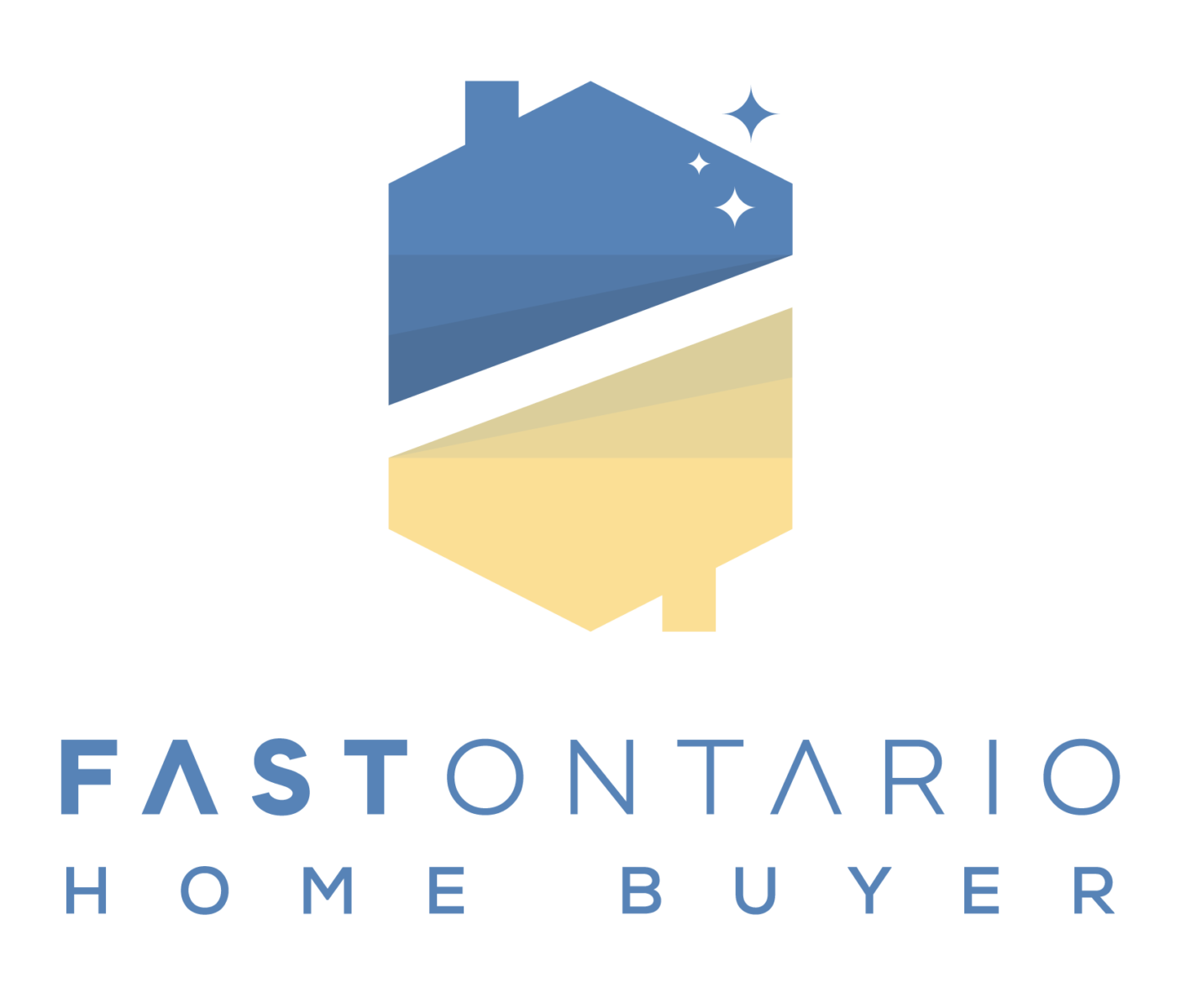
As a house buyer in Ontario, navigating the real estate market can seem overwhelming. The province offers a diverse range of properties, from urban condos to suburban single-family homes and rural retreats. To ensure a smooth and successful home buying experience, it’s crucial to understand the steps involved in the process. In this article, we’ll outline the key stages of the home buying journey in Ontario’s real estate market to help you achieve your dream of homeownership.
1. Determine Your Budget and Financing Options
Before embarking on your journey as a house buyer in Ontario, it’s essential to establish your budget and explore your financing options. Assess your financial situation, including your income, expenses, savings, and credit score, to determine how much you can afford to spend on a home. Research mortgage options and pre-approval rates to secure the best financing deal for your needs. Keep in mind that additional costs, such as property taxes, home insurance, and closing costs, will also factor into your overall budget.
2. Research Neighborhoods and Create a Wishlist
As a house buyer in Ontario, it’s essential to research various neighborhoods and communities to find the perfect fit for your lifestyle and preferences. Consider factors such as commute times, school districts, amenities, and local property values when evaluating different areas. Create a wishlist of features and priorities for your future home, including the number of bedrooms, bathrooms, yard size, and any specific architectural styles or design elements you prefer.
3. Start Your Property Search
With your budget, real estate agent, and wishlist in hand, it’s time to start searching for your dream home. Attend open houses, schedule private showings, and utilize online resources to explore available properties in your desired neighborhoods. As a house buyer in Ontario, be prepared to act quickly when you find a property that meets your needs, as the real estate market can be competitive.
4. Make an Offer and Negotiate
Once you’ve found a home that meets your criteria, work with your real estate agent to make a competitive offer. Your agent will help you determine an appropriate offer price based on comparable properties in the area and any specific factors that may affect the home’s value. Be prepared to negotiate with the seller on price, closing costs, or other conditions to reach a mutually agreeable deal.
5. Complete Inspections and Secure Financing
After your offer has been accepted, schedule a professional home inspection to identify any potential issues or concerns with the property. Use the inspection results to renegotiate the deal, if necessary, or request repairs before closing. Finalize your mortgage application and secure financing to ensure a smooth closing process.
6. Close the Deal and Move In
As a house buyer in Ontario, the final step in the home buying process is closing the deal. Review all documents, sign the necessary paperwork, and pay the closing costs to complete the transaction. Once everything is finalized, it’s time to move into your new home and start enjoying the rewards of homeownership.
Why Real Estate Investors Play an Important Role in Ontario’s Real Estate Market
Real estate investors contribute to Ontario’s real estate market in several ways, positively impacting both home buyers and the overall market dynamics. Here are some reasons why real estate investors play a crucial role in Ontario’s market:
- Market Stabilization: Real estate investors help stabilize the market by purchasing properties during economic downturns or periods of low demand. This activity can prevent a dramatic drop in property values, protecting the investments of all property owners in the area.
- Property Revitalization: Investors often purchase properties in need of repairs or renovations, improving their condition and boosting their market value. This can lead to neighborhood revitalization, attracting more home buyers and increasing property values in the area.
- Rental Opportunities: Real estate investors frequently provide rental opportunities, offering a variety of housing options for residents who are not yet ready or able to purchase a home. This contributes to a healthy and diverse housing market, which benefits all participants.
- Economic Growth: Investment in real estate drives economic growth by creating demand for construction, property management, and other related services. This generates employment opportunities and contributes to the overall economic well-being of Ontario.
- Expertise: Experienced real estate investors often possess a wealth of knowledge about the local market, which can be valuable to first-time home buyers or those new to the area. By sharing their insights and expertise, investors can help buyers make informed decisions and navigate the complex real estate landscape.
Understanding the home buying process in Ontario’s real estate market is essential for a successful and stress-free experience. In addition to the steps involved in purchasing a home, it’s important to recognize the vital role real estate investors play in shaping the market dynamics. By contributing to market stabilization, property revitalization, rental opportunities, economic growth, and sharing their expertise, investors have a significant impact on Ontario’s real estate market, benefiting all participants. As a house buyer in Ontario, being aware of these factors will help you make informed decisions and successfully navigate your home buying journey.
Embarking on the journey of purchasing a home in Ontario can be daunting, given the vast selection of properties available, from city-center condos to suburban houses and countryside getaways. To ensure a seamless and rewarding home buying experience, it’s essential to be well-versed in the various stages involved in the process. In this guide, we will delve into the critical aspects of the home buying journey in Ontario’s real estate market, empowering you to realize your dream of owning a home.
Establish Your Budget and Investigate Financing Solutions When beginning your quest as a house buyer in Ontario, it’s crucial to determine your budget and examine the array of financing options at your disposal. Evaluate your financial standing by taking into account your income, expenses, savings, and credit history, to ascertain how much you can comfortably invest in a home. Explore different mortgage possibilities and pre-approval rates to find the most favorable financing arrangement for your situation. Remember to account for extra expenses such as property taxes, home insurance, and closing costs when calculating your total budget.
Assess Neighborhoods and Compile a Home Priority List As a prospective homeowner in Ontario, it’s vital to study various neighborhoods and communities to pinpoint the perfect match for your lifestyle and personal preferences. When comparing different regions, consider elements like commuting time, school zones, amenities, and local property values. Develop a priority list for your future home that includes the desired number of bedrooms, bathrooms, yard size, and any specific architectural styles or design features you prefer.
Begin Your Property Hunt Armed with your budget, real estate agent, and priority list, you can commence your search for the ideal home. Attend open houses, book private tours, and harness online resources to discover available properties in your preferred areas. As a house buyer in Ontario, be prepared to move quickly when you identify a property that suits your needs, as the real estate market can be highly competitive.
Submit an Offer and Engage in Negotiations Once you’ve located a home that fulfills your specifications, collaborate with your real estate agent to present a compelling offer. Your agent will guide you in determining a suitable offer price based on similar properties in the vicinity and any specific factors that may impact the home’s value. Be ready to negotiate with the seller on aspects like price, closing costs, or other conditions to reach a mutually satisfactory agreement.
Schedule Inspections and Finalize Financing Following the acceptance of your offer, organize a professional home inspection to detect any potential issues or concerns with the property. Utilize the inspection results to renegotiate the deal if needed, or request repairs before closing. Complete your mortgage application and secure financing to guarantee a smooth closing process.
Conclude the Transaction and Settle into Your New Home For a house buyer in Ontario, the last phase in the home buying process is closing the deal. Carefully review all documents, sign the required paperwork, and cover the closing costs to finalize the transaction. With everything in order, you can move into your new home and relish the advantages of homeownership.
The Value of Real Estate Investors in Ontario’s Property Market Real estate investors play a crucial role in Ontario’s property market, positively influencing both home buyers and overall market dynamics. The following are some reasons why real estate investors are essential in Ontario’s market:
Market Equilibrium: Real estate investors contribute to market stability by acquiring properties during economic slumps or periods of low demand, preventing drastic declines in property values and safeguarding the investments of all property owners in the region.
Neighborhood Renewal: Investors frequently buy properties requiring repairs or renovations, enhancing their condition and increasing their market value. This process can result in neighborhood rejuvenation, drawing more home buyers and raising property values within the community.
Diverse Housing Options: Real estate investors regularly provide rental opportunities, supplying various housing options for residents who are not yet ready or able to purchase a home. This promotes a diverse and robust housing market, which benefits all participants.
Economic Development: Investment in real estate fuels economic growth by creating demand for construction, property management, and other related services. This generates employment opportunities and contributes to Ontario’s overall economic well-being.
Market Expertise: Experienced real estate investors often possess a wealth of knowledge about the local market, which can be valuable to first-time home buyers or those new to the area. By sharing their insights and expertise, investors can help buyers make informed decisions and navigate the complex real estate landscape.
Adapting to Market Changes: Real estate investors have the ability to adapt to changing market conditions, recognizing new trends and opportunities that may emerge. This adaptability can lead to innovative solutions, such as creating more affordable housing options or redeveloping underutilized properties, which benefit the broader community.
Knowledge Sharing: Real estate investors often form networks and associations to share knowledge, experiences, and strategies. This collaborative environment can lead to a more informed and educated pool of investors, ultimately benefiting the overall real estate market.
Understanding the home buying process in Ontario’s real estate market is critical for a successful and stress-free experience. In addition to the steps involved in purchasing a home, it’s important to recognize the vital role real estate investors play in shaping the market dynamics. By contributing to market equilibrium, neighborhood renewal, diverse housing options, economic development, market expertise, and knowledge sharing, investors have a significant impact on Ontario’s real estate market, benefiting all participants. As a house buyer in Ontario, being aware of these factors will help you make informed decisions and successfully navigate your home buying journey.

